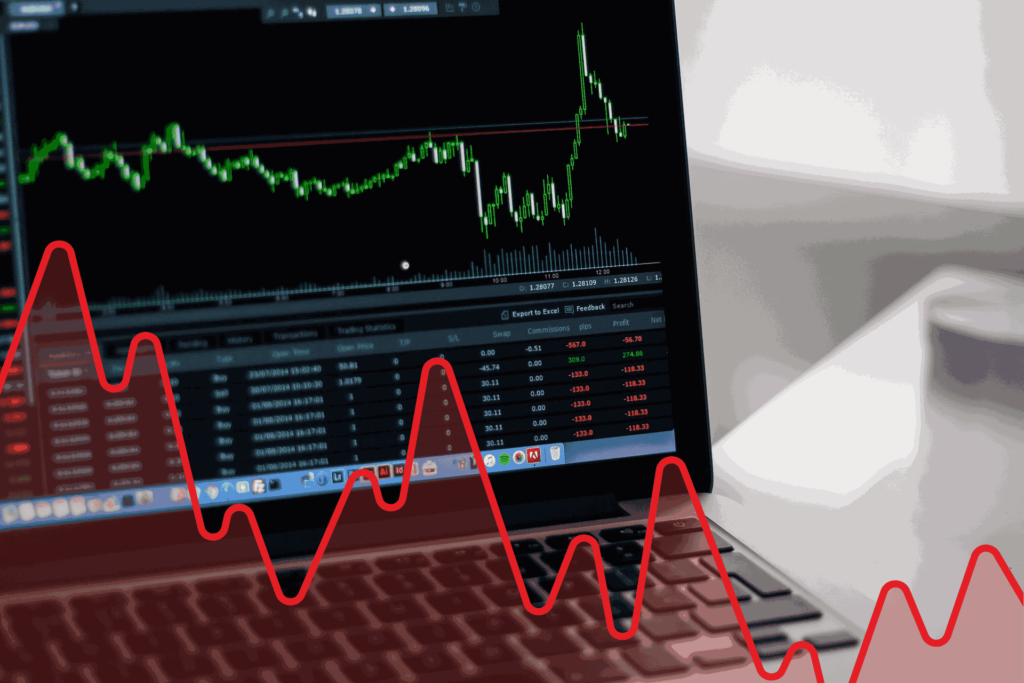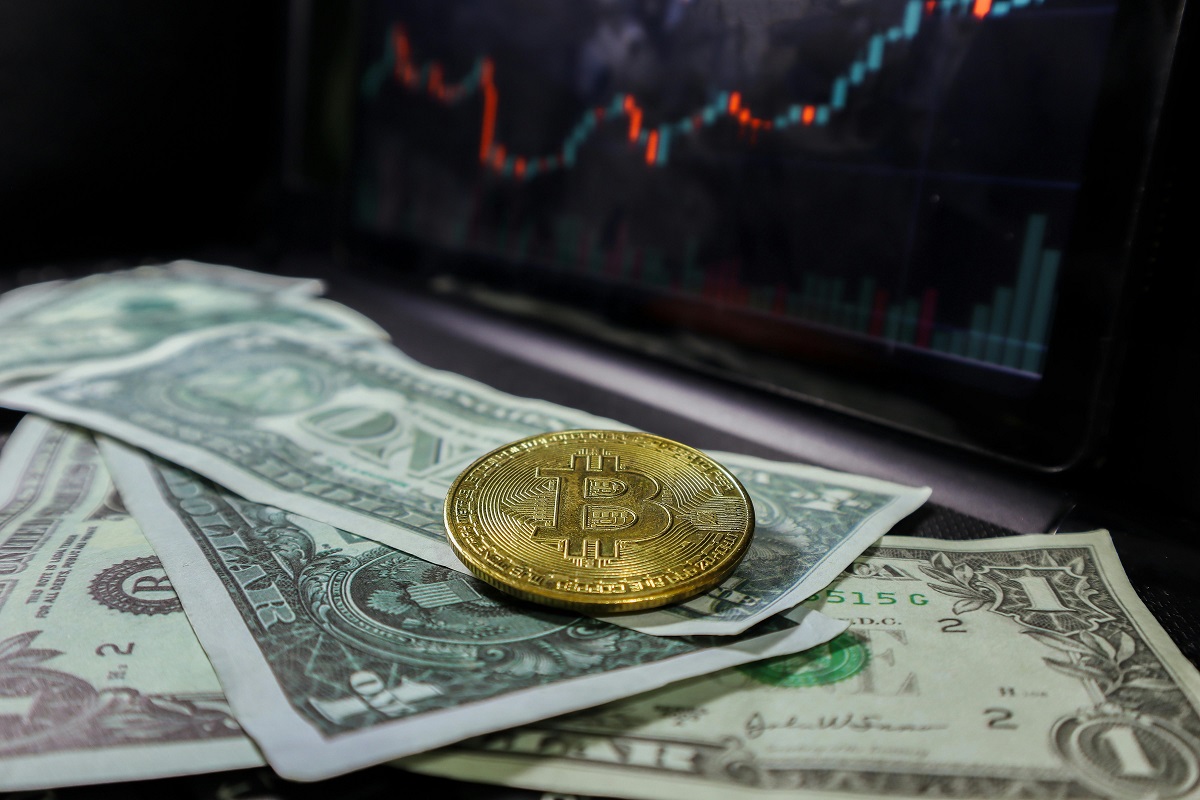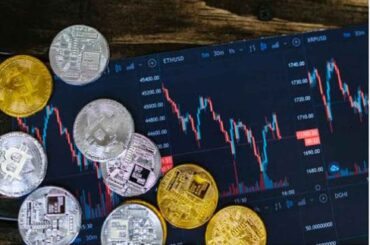If you’re a finance beginner, You must ask yourself which is the better option: trading vs investing? These are two terms that are often used in the finance world. They aim to make profits in the financial markets but function differently regarding risks, strategy, and time frame.
This blog,
Will explain what trading vs investment are and their differences and help you decide which strategy will work best for you.

What is Trading
Trading vs investing involves buying and selling assets, for example, stocks or commodities to make a rapid profit. Traders attempt to predict whether prices will rise or fall and then buy or sell at the best moment to make a profit.
The traders can hold assets for minutes, hours, or days. The aim is to get benefit from short-term price changes.
Types of trading
Different types of trading vs investing are based on how long a trader keeps an asset.
- Day Trading: Buying assets and selling them within the same day. By capturing the slight changes in prices throughout the day, traders can make a profit.
- Swing trading: Holding onto stocks or assets for days or even weeks in order to benefit from the short-term fluctuations of the market.
- Scalping: Make dozens or even hundreds of trades daily to profit from small price changes.
What is investing
in trading vs investing, investing is a strategy in which assets are purchased and held for a long time. Assets are purchased and held over a long period, typically months or years. Investing is not about making quick cash; instead, it is focused on the asset’s long-term, steady growth.
When investors invest in stocks, bonds, or even real estate, they hope their value will increase.
For example, if you buy stock in a good company, it might take years, but as the company grows, the value of the stock will likely increase, too.
When people invest in stocks, bonds, real estate or other assets, they hope the value will rise over time. It may take several years to increase the value of a stock you bought in a good business, but its value will increase as the company grows.
Types Of Investing
- Stocks are the act of purchasing shares in an organization, hoping it will grow over time and its stock value will rise.
- Bonds means lending money to a government or company in exchange of interests.
- Real Estate is buying property and holding on to it, anticipating its value will increase over time.
Critical differences: trading vs investing
Although both involve the financial markets, they differ in several ways. Let’s take a look at their differences.
Time Frame
The main difference between trading vs investing is time. Investors focus on the long term, while traders focus on the short term.
Traders can hold assets for seconds up to days.
Investors keep their assets in the bank for months, years or even decades.
Risk Tolerance
Trading vs investing differ in terms of risk.
- Trading can be risky as prices are subject to rapid changes. Traders have the potential to make a lot of money quickly but can also lose it just as fast.
- Investing is usually lower-risk because it’s based on long-term asset growth. There is risk, however, if the stock market falls or a business performs badly.
Profitability
- Trade: Traders look to increase profits quickly by making small adjustments in prices. You can lose money quickly.
- Investment: Investors seek steady, long-term growth. Their profits can be significant over time.
Strategy
- To predict price changes, traders rely on technical analyses, which include charts, patterns, and market data.
- Investing involves analyzing a business’s financial status, earnings, and long-term growth potential.
Pros and cons of trading
Pros
Earn Quick Profits
Trading can prove very profitable if done correctly. As traders base their trading decisions on the price movement of short periods, they can easily buy and trade to make money.
Exciting
Some people enjoy trading because it moves quickly. Trading requires traders to act rapidly and make their decisions within minutes.
Opportunities In Volatile Marketplaces
Traders love markets with many ups and downs. Traders have many chances to make money when the prices fluctuate rapidly.
Cons
High – Risk
The risk is the most significant downside to trading. Price fluctuations can cause traders to lose money very quickly.
Time-Consuming
Trading requires constant concentration. The market requires constant monitoring, which is stressful and exhausting.
Transaction Costs
Every time you sell or purchase something, there will be fees. Transaction costs are high and can cut into your profits. This is especially true if you frequently trade.
Investing in the Future: pros and cons
pros
Longterm Growth
In trading vs investing, It is possible to build up wealth by investing. By holding on to assets for years and even decades, an investor can benefit from a steady rise in the value.
Lower Risk
Investing has a lower risk profile than trading since it focuses more on long-term development. The market may fluctuate, but historically, the market has grown over time.
Less Stress
Investing does not require that you monitor the markets every day. Once you’ve invested, you don’t have to monitor the market daily.
Compound interest
Compound interest is one of the greatest advantages of investing. This means that your earnings start to generate their earnings over time, helping your money grow faster.
Cons
Slow returns
People who want quick cash should avoid investing. You may have to wait for years before seeing any returns.
Market Risk
Even though investing involves less risk than trading, you can still lose money. When the market crashes, recovery can take time.
Trading vs investing?
The question is trading vs investing: Which one do you prefer? Your level of risk tolerance, time commitment, and goals all contribute to determining which option is right for you.
Trading could be beneficial to you if
- You thrive in fast-paced environments.
- There will be a lot of free time for you to monitor the market.
- Your risk tolerance is high and you are willing to accept short-term losses.
Investing in will benefit you if
- You prefer a hands-off, long-term approach.
- You are comfortable with low-to-moderate risk.
- You want to build your wealth steadily and with less pressure over time.
Can You Do Both?
The main question is whether trading vs investing can be done at the same time. Yes, You are allowed to combine investing vs trading. Some people choose to use their long-term investments to fund trading. They can then benefit from both.
You could, for example, invest in stocks or trade currencies to gain quick gains. When trading, however, you need to be more cautious as the risks involved are more outstanding.
Your financial objectives and risk tolerance will determine which trading strategy is right for you. Trading is a way to earn quick profits with high risk, while investing allows for steady, long-term growth and less volatility.
In trading vs investing, traders rely on technical analysis and investors on the other hand analyze the company’s financial status.
Understanding the key differences will help you make informed decisions and grow your wealth, whether investing vs trading.




